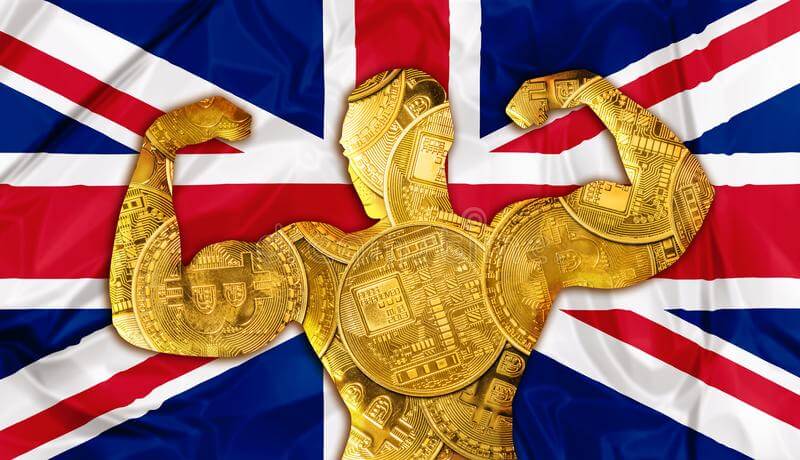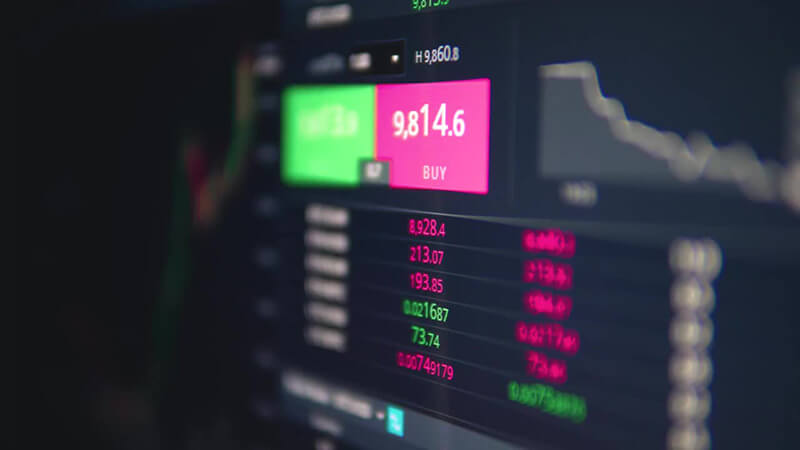With a united market capitalization of $737.7 billion, bitcoin and Ethereum alone account for two-thirds of all cryptocurrencies. Now, British lawmakers’ point of view says that Crypto trading is similar to gambling and should be treated in the same way.
Trading of cryptocurrencies like Bitcoin should be legally classed as a form of gambling because these coins serve “no useful social purpose”, a group of MPs has said. A report released by the Treasury Committee schemes how cryptocurrencies should be regulated, with extensive worries about a lack of oversight in place for the trading of the extremely volatile assets. A 2018 Treasury Committee report considered the crypto area a “wild west”.
In its Tuesday report, the Treasury Select Committee said the heightened volatility and potential to lose huge sums of money mean that cryptocurrencies pose significant risks to consumers, the committee said.
Nothing we have heard in our current inquiry has changed that impression,
The Committee said.
The report said that though there may be some benefits of certain types of cryptocurrencies and more generally in blockchain technology, it points out that the market was at this time dominated by “consumer speculation in unbacked cryptoassets such as Bitcoin and Ether”.
- Suggested read: iGaming, blockchain & crypto: a winning match made in heaven.
“These characteristics more closely resemble gambling than a financial service, an impression reinforced by the evidence we have received of consumer behaviour,” the Committee said.

“Unbacked cryptoassets have no intrinsic value, and their price volatility exposes consumers to the potential for substantial gains or losses, while serving no useful social purpose.”
Even though many have called for cryptocurrencies to be regulated by City watchdog the Financial Conduct Authority, the Treasury Committee cautioned that this could create a “halo effect”, where people undertake that these currencies must have an air of legitimacy about them since they are regulated together with traditional financial products.
“We therefore strongly recommend that the Government regulates retail trading and investment activity in unbacked cryptoassets as gambling rather than as a financial service, consistent with its stated principle of ‘same risk, same regulatory outcome’,” the Committee said.
This would mean the Gambling Commission would be put in charge of cryptocurrency regulation, and trading firms would have to apply for gambling licenses. Crypto firms’ revenues would prospectively also be subject to betting responsibilities under this proposal.
Around 10% of U.K. adults hold or have held cryptocurrencies, according to British tax agency HM Revenue & Customs. In April, a top U.K. government official told CNBC that he expected to see specific regulation for crypto in the U.K. in the next 12 months.
Nevertheless, the cryptocurrency industry body CryptoUK clearly disagreed with the MPs.
Ian Taylor, the board advisor at CryptoUK, said: “CryptoUK strongly disagrees with the Treasury Committee’s conclusion, and we are both concerned and disappointed by these claims which are unhelpful, false, fundamentally flawed, and unsubstantiated. The statement fails to reflect the true nature, purpose, and potential of the crypto industry.
“Professional investment managers see Bitcoin and other cryptoassets as a new alternative investment class – not as a form of gambling – and institutional adoption of unbacked crypto assets has increased significantly.”
“Furthermore, gambling is exempt from capital gains tax. Does the Government really wish to exclude tens of millions of pounds in tax income from gains made by the buying and selling of unbacked crypto assets?”
Among the Committee’s conclusions were that three-quarters of investors in Bitcoin from 2015-2022 lost money, which it said proved the market was “sustained by new entrants”, while early investors and insiders “cash out at their expense”.
The report did not consider the Bank of England’s plan to launch its own ‘Britcoin’ digital currency, which will instead be covered in a separate report. Unlike many of the assets that the Treasury Committee criticized, the Bank of England’s own cryptocurrency would be tied to the value of the pound.





